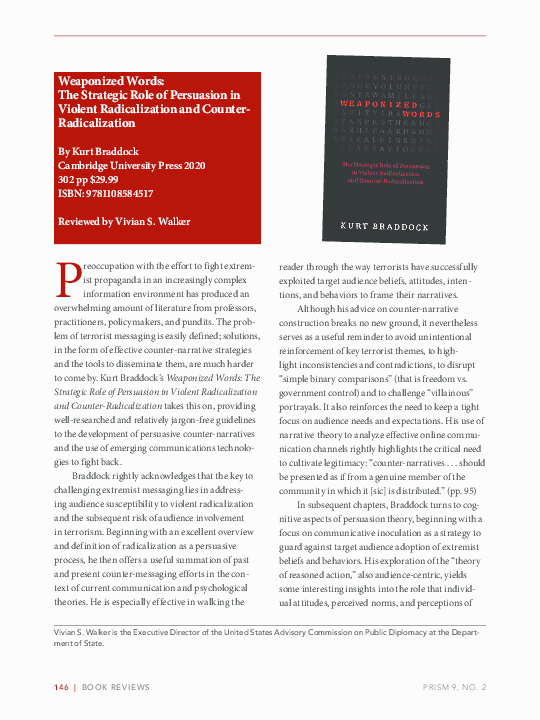Israel's Concerns: Trump's Iran Talks And Regional Isolation

Table of Contents
Trump's Iran Deal Withdrawal and its Ramifications for Israel
Trump's withdrawal from the Joint Comprehensive Plan of Action (JCPOA), also known as the Iran nuclear deal, in 2018 sent shockwaves through the Middle East and profoundly altered Israel's security calculus. This decision, viewed by many as unilaterally dismantling a crucial international agreement aimed at curbing Iran's nuclear ambitions, had several significant repercussions for Israel:
- Increased Iranian Nuclear Capabilities: The withdrawal removed crucial restrictions on Iran's nuclear program, allowing it to advance its uranium enrichment capabilities, bringing it closer to potential weapons development. This directly contradicts Israel's long-standing security concerns regarding a nuclear-armed Iran.
- Weakening of International Sanctions on Iran: The reimposition of US sanctions, while impacting Iran's economy, didn't completely cripple its ability to engage in destabilizing regional activities. The lack of unified international pressure reduced the effectiveness of sanctions in limiting Iran's actions.
- Emboldened Iranian Regional Proxies: The perceived weakening of US commitment to containing Iran emboldened its regional proxies, such as Hezbollah in Lebanon and Hamas in Gaza. These groups, armed and funded by Iran, pose a direct military threat to Israel's borders.
- Potential for a Renewed Iranian Nuclear Weapons Program: The withdrawal fueled concerns that Iran could accelerate its efforts towards developing nuclear weapons, making the prospect of a nuclear-armed Iran a more imminent threat to Israel.
Increased Iranian Regional Influence and its Impact on Israel
The withdrawal from the JCPOA wasn't an isolated event; it contributed to a broader perception of increased Iranian influence across the Middle East. This expansion, largely facilitated through its network of proxy groups, directly impacts Israel's national security:
- Hezbollah's Growing Military Capabilities: Hezbollah, backed by Iran, has significantly enhanced its military arsenal, including precision-guided missiles capable of striking Israeli targets. This poses a considerable threat to Israel's civilian population and infrastructure.
- Hamas's Control of Gaza and Cross-Border Attacks: Hamas, another Iranian-backed group, controls the Gaza Strip and regularly launches rockets and other attacks into Israeli territory, escalating tensions and creating a constant security challenge.
- Iranian Support for Other Militant Groups in the Region: Iran supports various other militant groups throughout the region, creating a web of interconnected proxies that can destabilize the entire area and put Israel in a precarious position. This widespread influence makes it harder for Israel to deal with threats on a singular front.
- Increased Risk of Regional Conflict: The increased Iranian influence and the heightened activity of its proxies dramatically increase the risk of a broader regional conflict, potentially drawing Israel into a wider war with devastating consequences.
Israel's Feelings of Regional Isolation and Diminished US Support
Israel's concerns extend beyond the direct military threat posed by Iran. There's a growing feeling of regional isolation and diminished US support, impacting Israel's ability to navigate the complex geopolitical landscape:
- Uncertainty Regarding US Commitment to Israel's Security: The Trump administration's approach to Iran created uncertainty about the long-term US commitment to Israel's security. This uncertainty weakens Israel's strategic position and its ability to confidently pursue its foreign policy goals.
- Strained Relations with Some Arab States: While some Arab states share Israel's concerns about Iran, the broader regional dynamics remain complex, and strained relationships with several key players hinder Israel's ability to forge strong regional alliances.
- Challenges in Achieving Lasting Peace with Palestinians: The tumultuous relationship between Israel and Palestine continues to present a significant security and diplomatic challenge, further exacerbating feelings of isolation.
- Dependence on US Military Aid and Diplomatic Support: Israel's dependence on US military aid and diplomatic support remains a critical factor. Any perceived wavering in US commitment increases Israel's vulnerability.
Conclusion
Trump's approach to Iran, marked by the withdrawal from the JCPOA and a broader shift in US Middle East policy, has profoundly impacted Israel's security environment. The increased threat of Iranian nuclear proliferation, the expansion of Iranian regional influence through proxy groups, and the feelings of growing isolation due to shifts in US foreign policy represent serious and interconnected challenges for Israel. These factors directly impact Israel's national security, demanding careful consideration and proactive engagement from the international community. Stay informed about the evolving situation and the implications of US-Iran relations for Israel's security – the future of regional stability in the Middle East hinges on addressing these critical concerns regarding Iran's nuclear ambitions and Israel's security. Further research into the intricacies of Israeli foreign policy and the ongoing conflict in the Middle East is vital.

Featured Posts
-
 Padel Courts Construction Begins At Bannatyne Ingleby Barwick
May 31, 2025
Padel Courts Construction Begins At Bannatyne Ingleby Barwick
May 31, 2025 -
 Bernard Keriks Death At 69 Remembering A Controversial Figure
May 31, 2025
Bernard Keriks Death At 69 Remembering A Controversial Figure
May 31, 2025 -
 The Role Of Algorithms In Mass Shooter Radicalization A Case For Corporate Responsibility
May 31, 2025
The Role Of Algorithms In Mass Shooter Radicalization A Case For Corporate Responsibility
May 31, 2025 -
 Nigora Bannatyne Shows Off Toned Physique In Chic Co Ord
May 31, 2025
Nigora Bannatyne Shows Off Toned Physique In Chic Co Ord
May 31, 2025 -
 Military Power Shift A Deep Dive Into The Us China Dynamic
May 31, 2025
Military Power Shift A Deep Dive Into The Us China Dynamic
May 31, 2025
